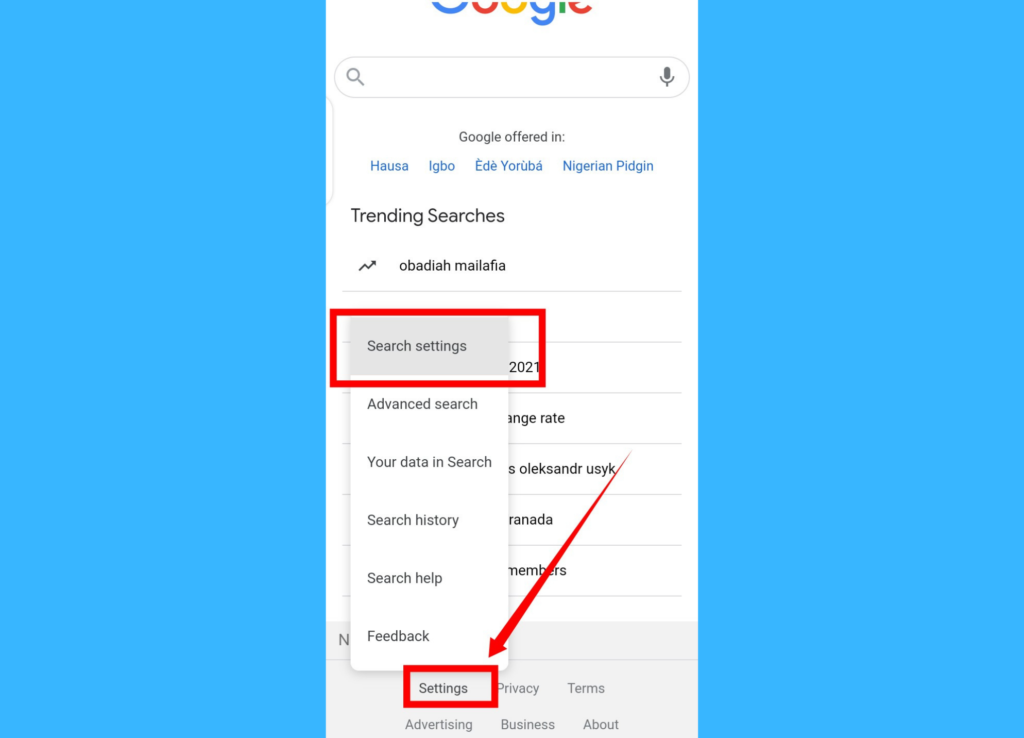Google search changes are set to revolutionize how users interact with the world’s most popular search engine. As part of this transformation, Google will phase out the use of country code top-level domains (ccTLD), such as google.co.uk or google.es, redirecting all users to google.com. This significant shift aims to create a more unified global search experience, ensuring that everyone receives the same high-quality local search results regardless of their geographic location. With the removal of ccTLDs, Google emphasizes its commitment to improving accessibility and user satisfaction. These updates not only highlight a major milestone in Google’s evolution but also promise to enhance how users find information across the globe.
In a bold move, Google’s recent modifications to its search platform aim to streamline the way users access information online. The decision to eliminate distinct country-specific URLs in favor of a centralized google.com interface marks a significant departure from previous practices. By consolidating search interactions, Google is enhancing the global search functionality, thereby ensuring users benefit from personalized, locally relevant results without the need for separate domains. This initiative resonates with a broader trend in digital experiences, focusing on efficiency and user preferences while upholding compliance with local regulations. Ultimately, this transition signifies Google’s ongoing commitment to adapting to the needs of a diverse range of internet users.
Understanding Google Search Changes
The recent announcement by Google regarding the removal of country code top-level domain names (ccTLD) is poised to reshape the user’s search experience significantly. Historically, Google has differentiated its search services through localized URLs, allowing users to access version-specific content based on their geographical location. This move towards redirecting all users globally to google.com streamlines access and aligns with Google’s commitment to a more integrated global search experience.
As the world becomes progressively interconnected, Google’s decision reflects a comprehensive strategy to ensure uniformity in search results, while simultaneously enhancing personalization. With the implementation of more sophisticated algorithms and machine learning capabilities, the search engine can now provide localized content without relying on separate country-specific domains. This transition not only simplifies the user experience but also underscores Google’s adaptation to changing user behaviors in a digital-first landscape.
Frequently Asked Questions
What are the main changes with Google search updates regarding country codes?
Google search updates now include the significant change of eliminating country code top-level domain names (ccTLDs). Users will be redirected to google.com, unifying the search experience globally while still delivering relevant local search results.
How will the removal of ccTLDs affect users’ local search results?
The removal of ccTLDs in favor of a global search experience will not affect users negatively. Google assures that the transition to google.com will still provide locally relevant search results tailored to individual needs.
What is meant by ‘global search experience’ in the context of Google’s recent changes?
The ‘global search experience’ refers to Google’s commitment to providing a consistent search interface by redirecting all traffic to google.com, regardless of the user’s location, while still ensuring access to local search results.
Will I be able to access country-specific Google search content after the ccTLD removal?
Yes, even after the country-specific ccTLD removal, users will still be able to access country-specific content through local search results provided by google.com.
How is Google ensuring the quality of local search results despite the ccTLD changes?
Google maintains that, despite redirecting to google.com, it will still utilize advanced algorithms to provide relevant local search results, ensuring that users receive tailored information based on their location.
What should I expect during the transition to google.com from country-level domains?
During the transition, users may need to re-enter some search preferences. Google anticipates a smooth process and emphasizes that there will be no impact on the presentation of local search results.
Why is Google redirecting users from ccTLDs to google.com?
Google aims to streamline the user experience by redirecting traffic from ccTLDs to google.com, which allows for improved local search result delivery and a more consistent global search experience.
Are there legal implications related to the ccTLD removal in Google search changes?
Google has stated that their obligations under national laws will remain unchanged despite the ccTLD removal, ensuring that legal compliance continues as before.
When will the changes related to Google search updates take place?
The changes regarding the removal of ccTLDs and the shift to a global search experience will be gradually implemented over the coming months.
How does this change improve the Google search experience overall?
This change simplifies access by consolidating all users to google.com, enhancing the global search experience while maintaining the ability to provide locally relevant information.
| Aspect | Details |
|---|---|
| Change in Google Search | Google will redirect all users to google.com, regardless of their location, eliminating the need for country-specific URLs. |
| Reason for the Change | Google aims to streamline user experience and has enhanced its ability to deliver local results even from a unified URL. |
| Implementation Timeline | The change will be gradually implemented over upcoming months as users adjust their settings. |
| Impact on Users | Users may need to reconfigure some Search preferences, but local search results will still be relevant. |
| Legal Considerations | Google assures that the change will not affect how it complies with national laws. |
Summary
Google search changes are significant, marking the transition to a more unified international platform for users worldwide. The shift away from country-specific URLs to a standard google.com will enhance user experience, maintaining local search result relevancy while simplifying the search process. As this change unfolds over the coming months, users can expect to adapt their search settings without losing any functionality.
